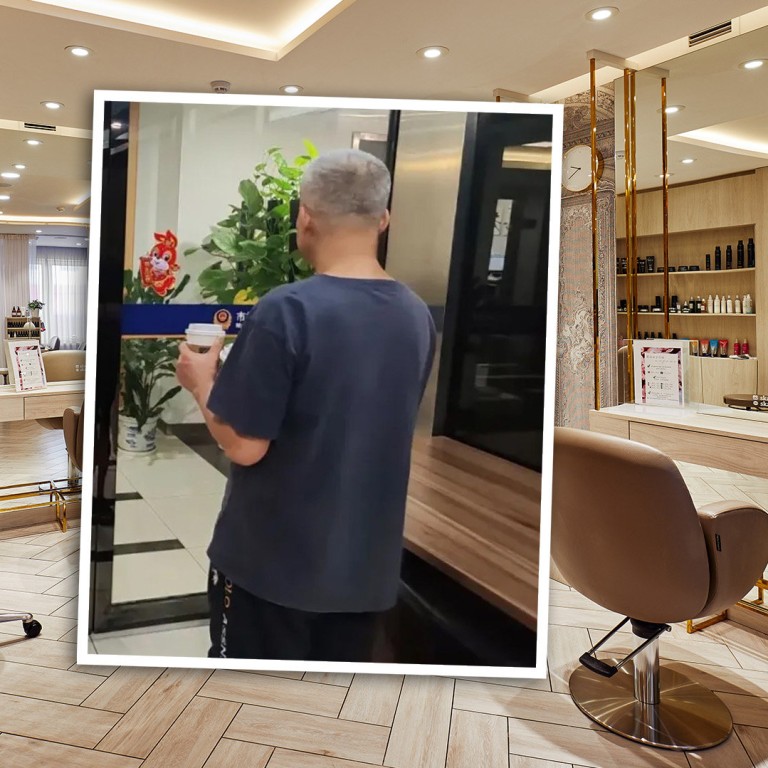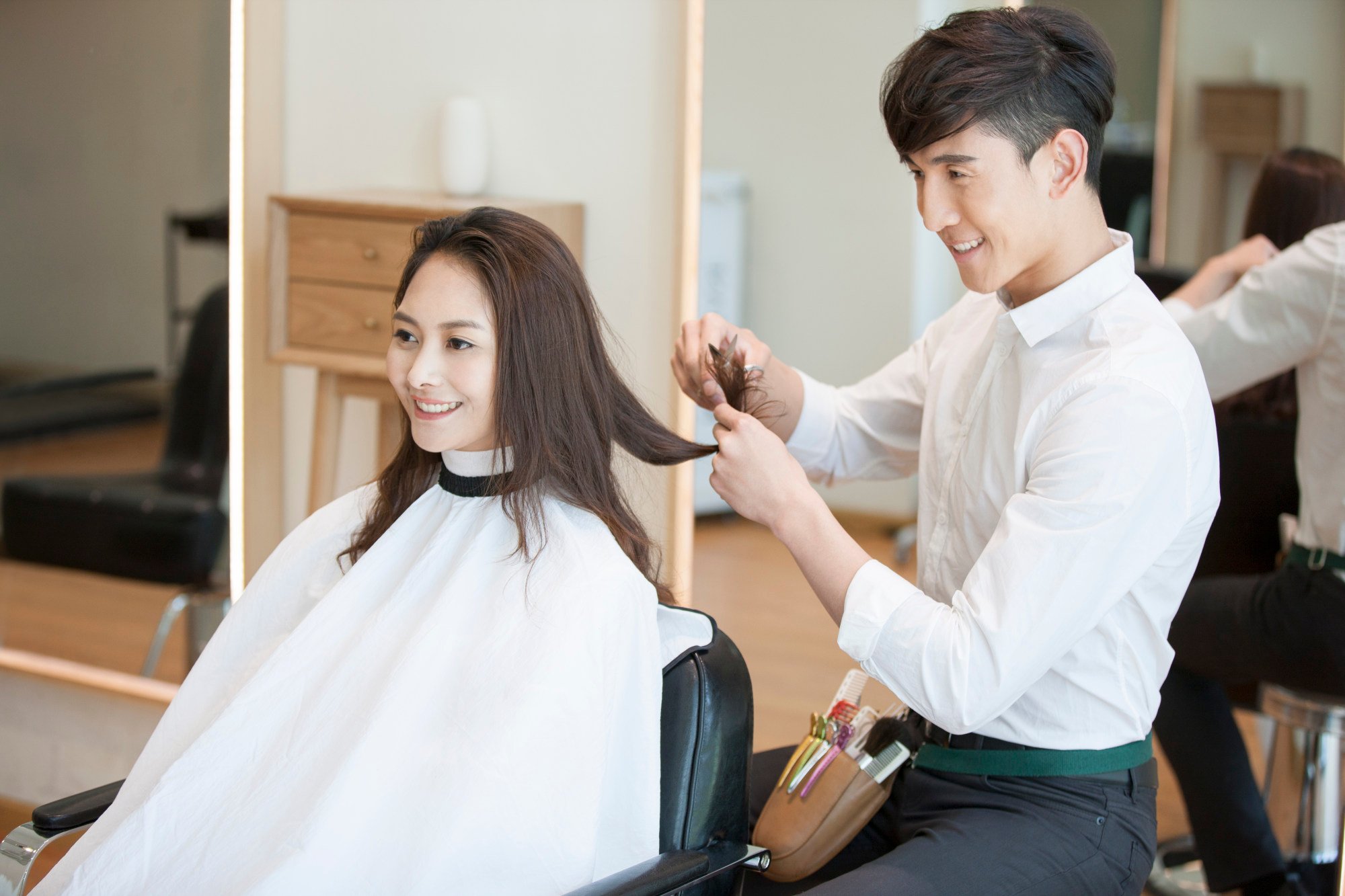
‘Hollowed out’: China beauty salon tricks mentally disabled man, 62, to part with US$82,000 to buy treatments he does not need
- Victim of racket cannot communicate with people because of condition, needs sister to care for him
- Company defrauded him on 50 occasions, even taking him to ATM to withdraw cash
A mentally disabled man in China has been conned out of his 600,000 yuan (US$82,000) life savings by a health and beauty salon.
The 62-year-old from Shanghai, surnamed Ren, suffers from a cognitive disorder which means he cannot communicate with people and lives with his carer sister.
While checking his finances, she discovered that Wenfeng Cosmetology Group had taken money from him 50 times, leaving him saddled with debt.
Ren first went to one of the group’s salons in November 2021 for a haircut. After being persuaded to open an account with a charge card, he made his first deposit of 1,000 yuan (US$137).

Soon after, a group employee, called Yingying, encouraged Ren to top up the card with 5,000 yuan. Then two managers, Ruirui and Li Qin, urged him to continue spending.
Surveillance video screenshots showed they were aware he was unable to reply to them by writing Chinese characters on WeChat, so they coerced him into visiting the salon.
“If you can come, you can reply with two roses,” they wrote to Ren on WeChat.
By December 2020, the sum he had transferred to the salon account had amounted to a startling 117,000 yuan (US$16,000). In one day alone, he paid 20,000 yuan in cash.
“An employee accompanied him to withdraw money from an ATM nearby,” Ren’s sister said.
After that branch shut down, another took over Ren’s membership, and he remained a target for fraud.
In April this year, employees helped him open an online lending service on his phone from which he could easily charge the card.
When Ren’s sister asked Wenfeng to return her brother’s misappropriated money, a member of staff, surnamed Jiang, agreed to return just 280,000 yuan (US$38,000), claiming Ren was capable of making decisions about his spending despite his condition.

The story has outraged mainland social media.
“It’s definitely fraud,” one person said.
“How terrible! They should seek legal support,” said another.
Health and beauty scam stories frequently make headlines on the mainland.
At the beginning of the year, a man in eastern China with poor eyesight appeared on television after a salon tricked him into paying 10,000 yuan (US$1,400) for a 20-yuan haircut and bullied him into getting a loan on the spot to pay the bill.
In March last year, it was reported that a retired Shanghai woman lost 1.5 million yuan (US$205,000) over four years and got into debt after buying bogus health services.

.JPG?itok=NUwH9YK3&v=1713190226)